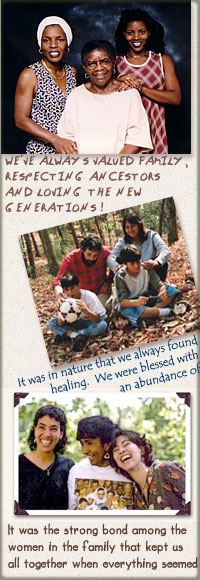|
|||
|
I missed my calling. Perhaps others "shoulda been a contenda". I "shoulda been a teacha". There are several things I "shoulda" taught. One of them is what I call "life lessons"; not because my kids (or any one else's) need them but because I have gotten virtually every one of them wrong, and I desperately want to insure that others (my kids in particular) avoid the hurt I suffered from having done so. In any event my kids were reluctant recipients of this accumulated wisdom. ("Oh Pop!!!!") But as they matured they learned to abide my "little idiosyncrasies" — see "rule" 10 in the Will. I had collected most of these sayings into my Ethical Will, but I was reluctant to do anything with it when, on September 18, 1998, my 29 year old son, David died. Writing about and to David (www.bigdave.org) helped the grieving process, and I determined to post the Will on the site that his friends had put together in his honor. He doesn't need it now--he's in heaven. But I just know that he's monitoring the site. Whenever he reads it, I know it brings a smile to his face and an "Oh Pop" to his lips. By the way, I wrote the Will not only for David but for Lisa, my absolutely wonderful daughter who I love with all my heart. (The hardest thing about David's death was to convince Lisa that I would have grieved just as heavily if she had died.) Ever the good daughter, she gave her approval to my posting the Will on www.bigdave.org and disseminating it more broadly. On Rosh Hashanah, our Rabbi talked about Ethical Wills, documents embodying the "life lessons, that you want to pass on to your kids. I had written such a document but had never gotten around to passing it on to David before he died. It finally occurred to me that David is not only in Heaven, but is monitoring this web site. So here, it is David, and as you read this, please remember item 9.
Having disposed of my property through duly executed documents, I now turn to the harder job of leaving to my children, Lisa and David, a set of principles that they should consider in living their own lives and in helping to shape the lives of their children.
|

|
||
|
|
|||

2502 Dupont Ave. N. Minneapolis, Minnesota 55411, USA tel: 612.333.2833 Email: info@thelegacycenter.net Last Updated: 10/27/05 Site Re-Design by Lukewarm Productions |
|||
